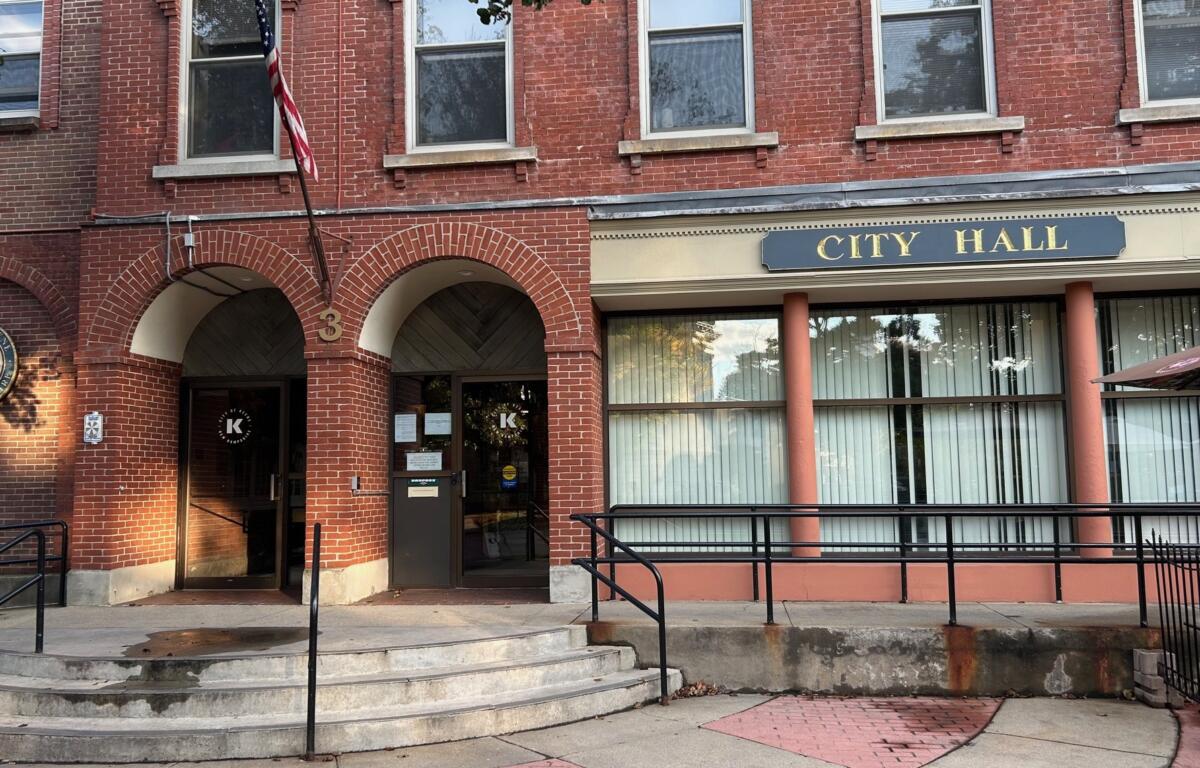KEENE, N.H. (MyKeeneNow) The Keene City Council has voted to accept money from Revo Casino and Social House, making the city the third municipality in New Hampshire to benefit from a state law that allows charitable gaming facilities to share revenue with their host communities.
Councilors approved the agreement Thursday night by an 8-7 margin after a lengthy debate over whether accepting casino funds would help taxpayers or create ethical problems.
Under the agreement, Keene will receive 35 percent of Revo’s table game profits and a share of slot machine revenue generated between Dec. 17 and Dec. 26. City officials expect the city’s cut to total between $16,000 and $20,000, though Revo partner Dick Anagnost said it could reach $25,000. The money will go into the city’s general fund, with decisions on how to use it left for a later council discussion.
“This is recognition that hosting a charitable gaming facility places a burden on the community, and this helps offset that burden,” Councilor Jacob Favolise said. “Every dollar we don’t raise through property taxes makes a difference.”
But opponents, including Councilors Mitch Greenwald, Ed Haas, Andrew Madison, Kris Roberts, Laura Tobin, Kate Bosley and Bobby Williams, raised concerns about the optics of taking money from a business that is currently seeking city approval to relocate from Emerald Street to Key Road.
“My concern is with the optics of how it looks for us, having regulatory authority over them, to also accept money that’s voluntarily given,” Madison said. Greenwald suggested the city hold off on the deal until after Revo completes the permitting process for its planned move.
Supporters argued that the arrangement is a standard revenue-sharing model created by the state, not a discretionary donation from Revo, and that Keene would be remiss to reject the funds when other municipalities are already participating. Only Hampton and Salem have entered similar agreements so far.
Several councilors also pointed out that the city already accepts revenue from other industries with potential social costs, such as alcohol sales and the meals and rooms tax. “Nothing’s perfect,” Councilor Randy Filiault said. “But property taxes aren’t perfect either—and the state keeps downshifting costs onto us.”
Councilors Betinna Chadbourne, Favolise, Filiault, Phil Jones, Bryan Lake, Thomas Powers, Michael Remy and Catt Workman supported the measure.
Meanwhile, the council voted unanimously to endorse the 2025 Comprehensive Master Plan, a document that will help guide Keene’s long-term growth and development.




